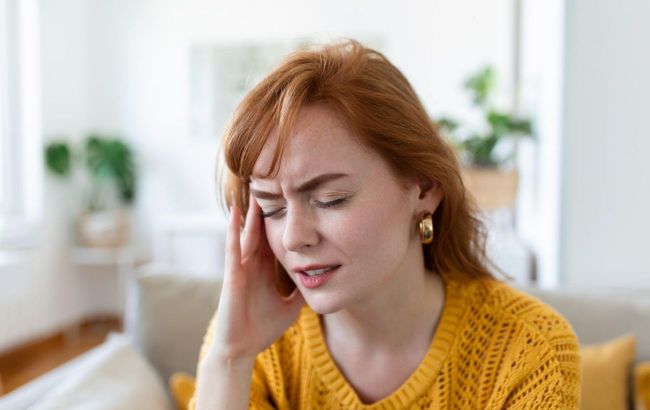Nutritionist explains what helps improve brain function
 Illustrative photo (Photo: Freepik)
Illustrative photo (Photo: Freepik)
If you often forget your promises and tasks, it's worth paying attention to your diet and supplements to improve brain function. It's important to know what will help effectively support brain function, according to Instagram of nutritionist Vera Kuryn.
What to add to your diet
The expert says that 16% of the brain's total mass consists of fat. Therefore, the best food for the brain includes fats (nuts, Omega-3, dark bitter chocolate, and seafood).
To support brain function, the following will help:
- Omega-3 fatty acids - they enhance cognitive capabilities
- Phospholipids, necessary for cell membrane synthesis and function.
- Phosphatidylserine provides brain plasticity, the ability to concentrate and think logically
- Ashwagandha helps reduce the formation of amyloid plaques and cope with stress
- Bacopa aids in restoring cholinergic function, a key neurotransmitter system in the brain
- Q10 - slows down brain aging and supports mitochondrial function
- PQQ - essential for the brain to increase the number of mitochondria and is responsible for short-term memory function
- Magnesium strengthens synapses - nervous contacts
How physical exercises impact health
Engaging in physical activities is associated with improving both physical and mental health. People who exercise have a lower risk of cardiovascular diseases and depression.
In childhood, physical exercise contributes to better academic performance and a drive for learning. For adults, physical activity helps maintain cognitive abilities and provides resilience against neurodegenerative disorders like dementia.
Sleep
Sleep is a crucial component of human life, yet many people still don't understand the correlation between good brain health and the sleep process. During sleep, the brain reorganizes, recharges, and removes toxic byproducts, thereby supporting itself.
Additionally, sleep is vital for emotional processing, immune support, cognitive and emotional functions, and mental rest. Sleep deprivation reduces memory concentration.
We also wrote about how magnetic storms affect the brain.
This material is for informational purposes only and should not be used for medical diagnosis or self-treatment. Our goal is to provide readers with accurate information about symptoms, causes, and methods of detecting diseases. RBС-Ukraine is not responsible for any diagnoses that readers may make based on materials from the resource. We do not recommend self-treatment and advise consulting a doctor in case of any health concerns.

